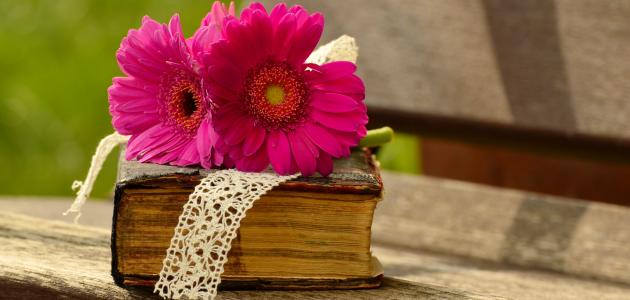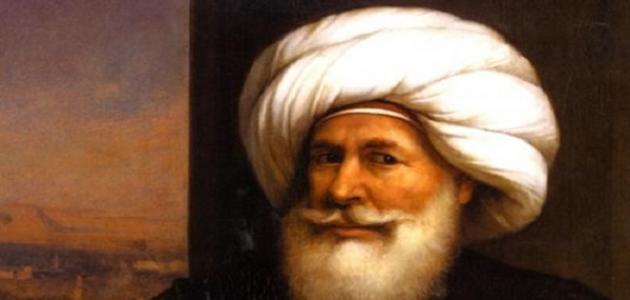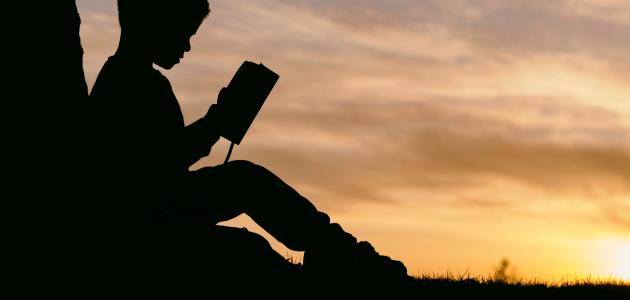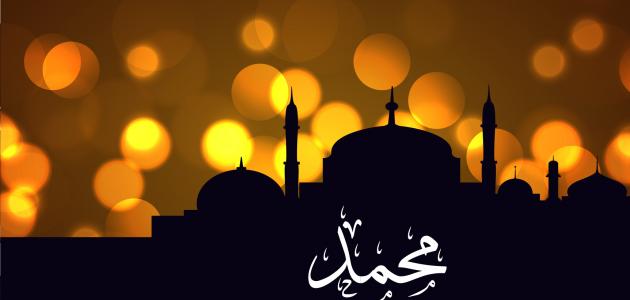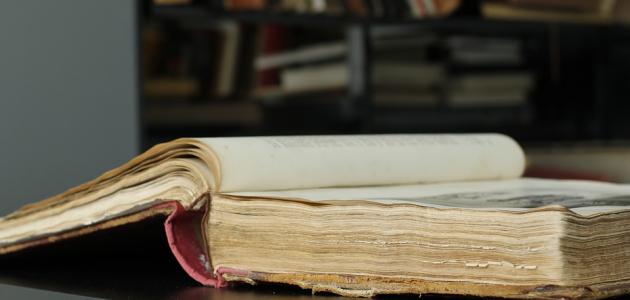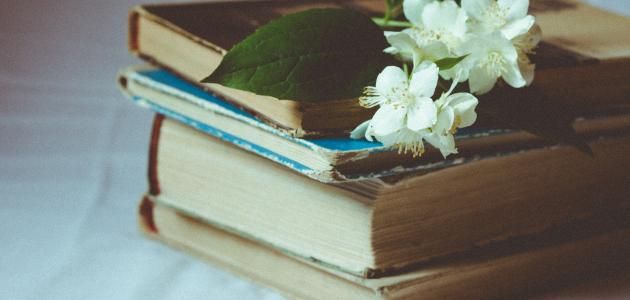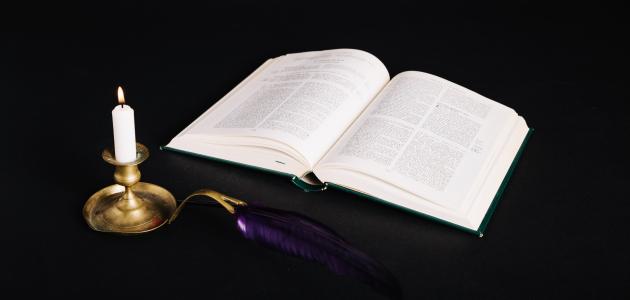Poetry of lamentation
Lamentation poetry is considered one of the arts of Arabic poetry, and it has been present since pre-Islamic times until our days. There are three types of lamentation, which are: lamentation, eulogy, and condolence. There are many poetic poems in which poets lament their loved ones, their homelands, or any other form of lamentation. In this article, we will mention some of them.
I complain to God, for he has praised me as he complained
Qais bin Dhurayh, also called Majnun Lubna, due to his intense love for her. He was born in 625 AD. He wrote this poem in eulogy for his beloved Lubna.
I complain to God that I have lost my son as he complained
- To God, he lost his parents and is an orphan
An orphan whose body has been dried up by relatives
- He is thin and the covenant of his parents is old
Their home wept at their end and rejoiced
- Tears, which of those who cry do I blame?
Am I in despair, crying out of longing and passion?
Read also:Poems of the Prophet’s migration- As for him, he fell down crying his grief and wandering
I was irritated by the love of Lubna Alleeq
- And there are types of love whose love is great
And whoever has his heart attached to Lubna’s love
- He dies or lives as long as he lives, and he is eloquent
Even if I agree with you, I will be very grateful to you
- In the covenant between us, there is no one to stay
And the time has separated us
- And between you is the enemy therein
Is it true that your heart is empty?
Read also:The most beautiful poems of lamentation about the father- It is true, and my heart is weak in your desires
my dad
Nizar Qabbani is a contemporary Syrian poet and diplomat who has many collections and poems. Here, the woman’s poet eulogizes his father.
Your father died
I stray my father does not die
At home from him
The scents of a Lord and the remembrance of a Prophet
Here are his things
It split from a thousand young branches
His newspaper is Tabukha Mutikah
As if my father had not gone yet
And the dish and cup of ashes
As he is, he has not yet drunk
And his glasses were set of glass
Our eyes are better than Morocco
His remains, in spacious rooms
The Eagles remain on the field
I round the corners on it, so where
I pass by on a grassy lawn
I tighten his hands and lean on him
I pray on his tired chest
My father still had a conversation between us
Talk of cups on the bar
He forgives us for pregnant varicose veins
Breeding from his good mouth
My father was news from heaven
Read also:poetry about motherThe meaning of “the most welcoming” is “the most welcoming.”
My father's eyes are a shelter for the stars
Does the East remember my father’s eyes?
I remember the summer from my father
Chrome and the memory of the planet
My father, my father, it is a good history
He walks behind you, so do not worry
We go in your name, who is good?
Free delicacy to the best
I carried you in the wake of my eyes until
Make people aware that I am my father
I call you out even with the tone of my voice
So how did you go and you are still with me?
If the maid of the house is given to us
There are a thousand golden mouths in the house
We opened our doors to Tammuz
In the summer my father must come
Glory is upon him
Al-Khansa’a was a veteran companion and poet who understood pre-Islamic times and Islam, converted to Islam, and became famous for her poems of lamentation because she lost her brothers Sakhr and Muawiyah, who were killed in pre-Islamic times, and in this poem she laments her brother Sakhr.
Oh my eye, what is the matter with you that you do not cry overflowing?
- When eternity passed, and eternity was uncertain
So cry for your brother, for the orphans and the widow
- And make your brother cry when you are close to strangers
And make your brother cry because he is as nervous as a cat
- When they fled, they fled and plundered
A swimmer rushes by with his mounts
- Cloaked in the black of the night
Until he becomes a group of people to fight against
- Or they will be plundered without the ranks of the people
He is the perfect boy who protects his truth
- The shelter of a stranger if he comes in distress
He guides the people when their path is straitened
- The night sighed because it was difficult to move
Glory is its cause and generosity is its cause
- Honesty is his possession, even though his horn is weak
A speech at a dark conference
- If he fears a dilemma, he will provide a door for it
A bearer of valleys, a sector of valleys
- An effective testimony for students to perform the witr prayer
The poison of the enemy and the jaws of the stubborn, then
- He met the attack and had no fear of death
For my life, I have longed for Tamim and guided her
Jarir, a poet of the Umayyad era, was born and died in Najd, and in this poem he laments Al-Farazdaq.
For my life, he has made Tamim angry and has guided her
- On the calamities of eternity, the death of Al-Farzadq
On the evening of the evening, they went to see his coffin
- To a deep place in the abyss of the earth
They left in the grave who belonged
- To every star in the sky flying
The burden-bearing refuge from every debtor
- And the stinging devil of the thick clouds
Imad Tamim, all of it and its tongue
- Its speaker is extravagance in every logic
Who has relatives after Ibn Ghalib?
- For a neighbor and a helper bound in chains
And who is an orphan after the death of Ibn Ghalib
- The mother of the children of Saghbin and Dardaq
And who releases prisoners and who spares blood
- His hands heal Harran's convulsed chest
How much precious blood did you bear the weight of?
- He was loads of loyalty and honesty
How a mighty fortress is Hammam and a market.
- When he came, its doors would not be closed
The gates of kings open before him
- Without a veil or flattery
Let mankind and jinn cry over him when he died
- A harmful boy in both the West and the East
A boy who lived to build glory for ninety years
- And he ascended to good deeds and glory
He did not die until he left behind him
- In the neighborhood of Wadi Sawla, undisturbed
Oh Abu Faisal
Ghazi Al-Gosaibi is a Saudi poet, writer, diplomatic ambassador, and minister. In this poem, he laments King Fahd bin Abdulaziz.
We did not find him, and this separation was said
So she took refuge in her tears
The eyes were filled with a leopard and a mouth
Hajjah is an eye that sheds no tears
The coffin was astonished by the stillness of the prisoner
He is the one who lived and did not gain any trust
The grave was amazed when it contained what
His horizons have narrowed
The race is strange and the horses are few
How does his horse like to race?
The crowds roared around you and passed away
Like a sea, necks turned
It is a day of fulfillment, love with sadness
We follow him and the cups are gone
Death stood in the way, however
She crawled, not afraid of longing
O Abu Faisal, may God’s peace be upon you
There is no longing in the hearts
I find that your eyes do not sleep
Abu Bakr Al-Siddiq is the first of the Rightly Guided Caliphs, and one of the ten promised Paradise. He is the minister of the Messenger, may God bless him and grant him peace, and his companion and companion in the migration to Medina. In this poem, he laments our Messenger Muhammad, peace be upon him. I find that your eyes never sleep
As if her eyelids contained words
Because of a great and majestic calamity
And the tears of the eyes are the easiest harmony
We were shocked by the Prophet and he was among us
Imam of dignity, what an imam
He was our strength and our head
Today we have no standing
We cry and complain about what we have encountered
He complains about missing the Sacred City
It is as if our noses were very tight
Because Muhammad was lost in it
Because he tempted a white Hashemite
The completion of a prophecy, and with it the conclusion
Amen, chosen for goodness, calling
Like the light of the full moon, the darkness disappears
I will follow his guidance as long as I live
All the time, the doves did not sleep
I adhere to his religion and to every nation
You see them as a system
We have lost the revelation since you left us
And God entrusted us with the words
Except what you have left for us as a hostage
The honorable Qartis inherited it
You have bequeathed to us an inheritance of truth
Greetings and peace be upon you
From the Most Gracious in the highest heaven
From Paradise, a good place for her
Your father Abraham's companion there
Do we have any regrets in his company?
And Isaac and Ishmael in it
Because they prayed to their Lord and fasted
So do not go far, for every noble people
He will understand it even if he hates pigeons
It is as if the earth flew on it after you
Then Dharam, its resident, ignited it
my dad
Mahmoud Darwish is a Palestinian poet. He has many poems, and in this poem he laments his father.
Turn a blind eye to the moon
He bowed and embraced the earth
And he prayed
For a sky without rain
And he forbade me to travel
Lightning ignited his valleys
There was my father
He raises stones
From ancient and creates trees
His skin was dewy
His hand is a tree leaf
So the horizon cried a song
Odysseus was a knight
Loaves were in the house
And wine and linens
And horses and shoes
And my dad once said
When he prayed on a stone
Turn a blind eye to the moon
Beware of the sea and travel
The day the god flogs his servant
I said, O people, we disbelieve
My father narrated to me that he had stepped on his buttocks
In dialogue with agony
Job was thankful
Creator of worms and clouds
He created a wound for me
No dead person or idol
Exhaustion of the wound and pain
And I mean remorse
A planet passed on the horizon
descending descending
And it was my shirt
Between fire and wind
And my eyes think
Drawings on the ground
And my father once said:
who has no homeland
What has a shrine in the ground
He forbade me from traveling
